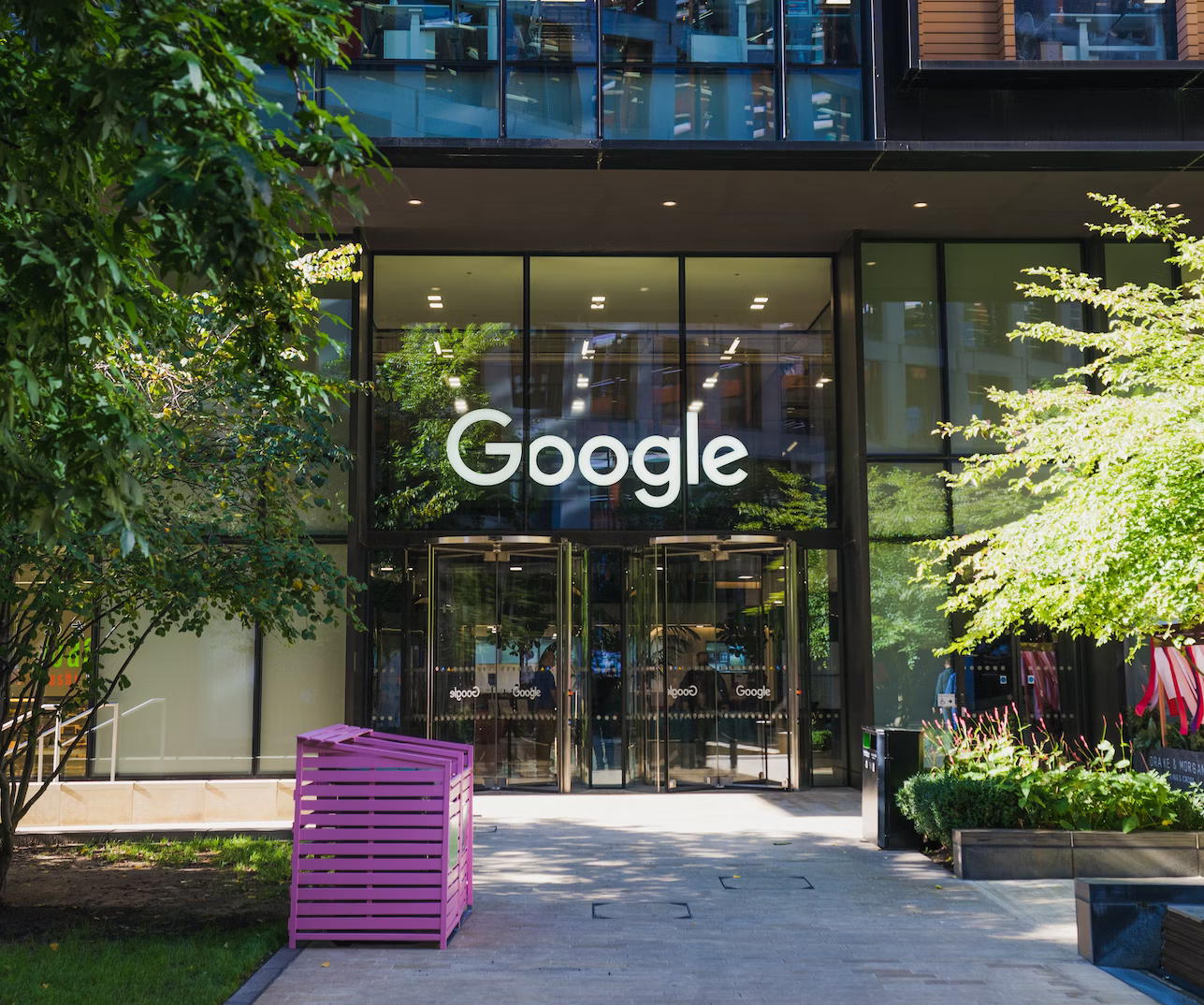Google Hit With $2.3bn Lawsuit Over Digital Ad Losses

European publishers sue Google for billions, over alleged financial losses due to Google’s digital advertising practices
Alphabet’s Google cannot escape legal issues it seems, after a group of European publishers launched a fresh lawsuit against it over its digital advertising practices.
Reuters reported that Google on Wednesday was slapped with a 2.1bn euro ($2.3bn) lawsuit from 32 media groups that includes the likes of Axel Springer and Schibsted, and publishers in Austria, Belgium, Bulgaria, the Czech Republic, Denmark, Finland, Hungary, Luxembourg, the Netherlands, Norway, Poland, Spain and Sweden.
The European publishers reportedly filed the lawsuit in a Dutch court due to that country’s reputation as a key jurisdiction for antitrust damages claims in Europe, and to avoid multiple claims in different European countries.

Publisher lawsuit
Other publishers suing Google include Austria’s Krone, Belgian groups DPG Media and Mediahuis, Denmark’s TV2 Danmark A/S, Finland’s Sanoma, Poland’s Agora, Spain’s Prensa Iberica and Switzerland’s Ringier, Reuters reported.
The publishers allege they have suffered financial losses due to Google’s practices in digital advertising.
Shares of the Mountain View, California-based company fell more than 2 percent following news of the lawsuit.
“The media companies involved have incurred losses due to a less competitive market, which is a direct result of Google’s misconduct,” a statement issued by the publisher’s lawyers Geradin Partners and Stek alleged..
“Without Google’s abuse of its dominant position, the media companies would have received significantly higher revenues from advertising and paid lower fees for ad tech services. Crucially, these funds could have been reinvested into strengthening the European media landscape,” the lawyers reportedly said.
The lawyers reportedly cited the French competition authority’s 220-million-euro fine against Google on its ad tech business in 2021, as well as the European Commission’s charges last year to buttress their group claim.
Legal troubles
In June 2023 the European Commission had warned Google of alleged antitrust violations in its ad tech business.
The EC had preliminary found a “behavioural remedy is likely to be ineffective to prevent the risk,” and therefore Google’s advertising business should be broken up.
Also in June 2023 the largest newspaper publisher in the United States, Gannett, filed a lawsuit against Google in a Manhattan federal court.
Gannett, which has more than 200 daily newspapers including USA Today, had alleged the lawsuit was because of Google’s alleged “monopolisation of advertising technology markets and deceptive commercial practices.”
The American publisher at the time also pointed out that in December 2020, a bipartisan group of 17 State Attorneys General had filed a lawsuit against Google raising similar allegations of ad tech monopolisation.
The US Department of Justice, joined by a bipartisan coalition of 17 additional States, filed its own ad-tech lawsuit against Google in January 2023.
The UK’s Competition and Markets Authority (CMA) meanwhile in May 2022 also announced it was investigating Google’s dominance in advertising technology.
Then in April 2023 Google was hit by a second major collective lawsuit in the UK over its advertising practices.
That £3.4 billion lawsuit, brought by former Guardian technology editor Charles Arthur, claimed Google’s dominance of the ad tech industry had illegally reduced publishers’ income from ad revenues.
Google response
In a statement, a spokesperson for Google was quoted by Reuters as saying that the company opposes the lawsuit, adding that it is “speculative and opportunistic.”
“Google works constructively with publishers across Europe. … (Our advertising tools) adapt and evolve in partnership with those same publishers.”
Google last year said it disagreed with EU antitrust charges against its ad tech business where it is involved in both the buy-side as well as the sell-side of the supply chain.